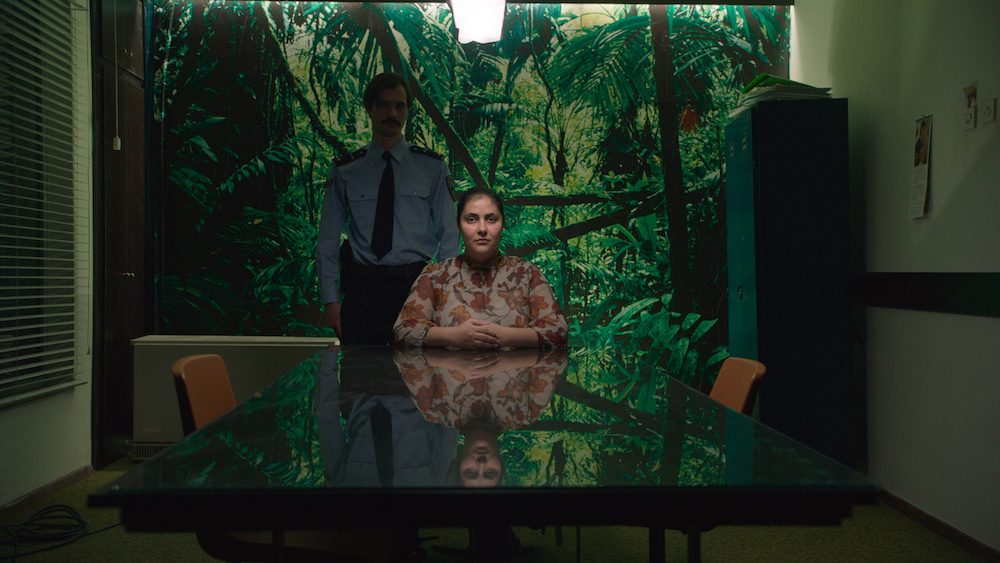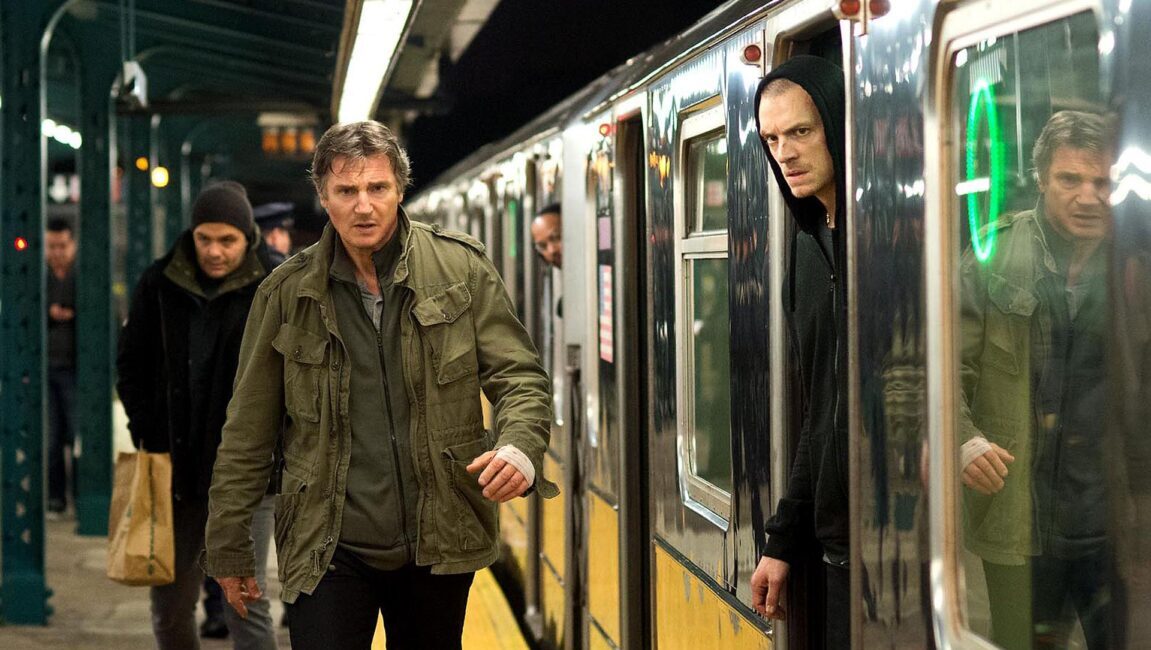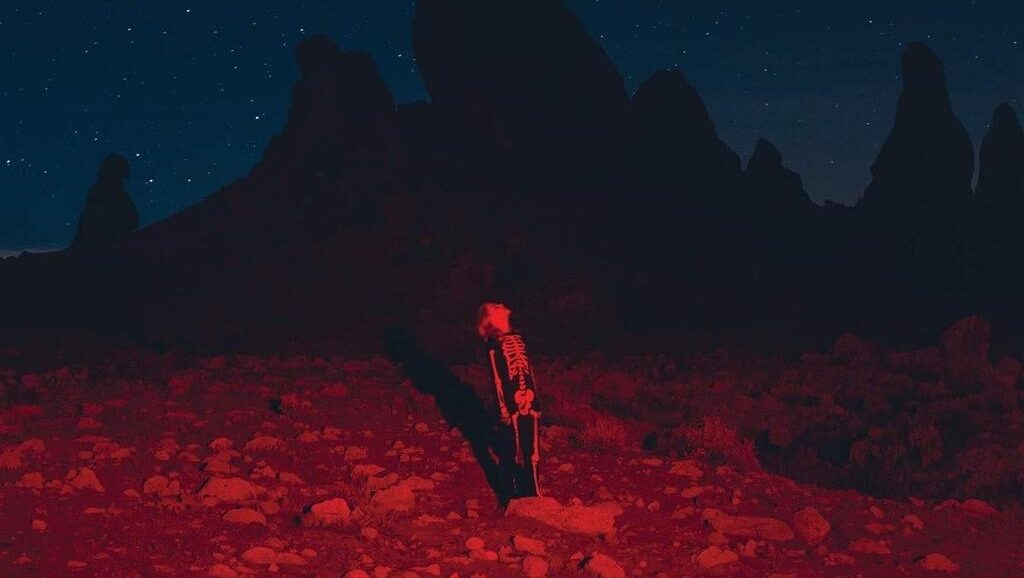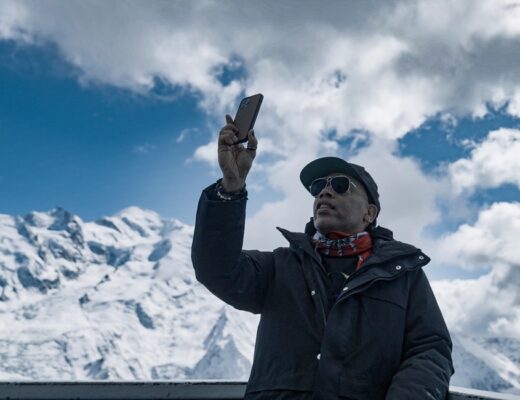Blue Island is a similarly interrogative work to the director’s Yellowing, but here taking on a grander and more experimental form.
Chan Tze-woon’s Yellowing was the definitive document of the 2014 Umbrella Movement. At the time, the director was about the same age as the student protestors and had just joined the group, filming what he saw, and building his film out of interviews with a few peers, rather than protest leaders or official documents or news footage. It’s a fascinating look at life at the ground level of a mass demonstration. Now, almost a decade later, we have his follow-up, which mostly centers on the 2019-2020 protests that began in opposition to an extradition bill but quickly expanded into demands for civil rights and free and fair elections in Hong Kong (and in some quarters, independence) and that led to repeated confrontations between protestors and the police.
Rather than the immediate approach of Yellowing, however, Chan situates the current protests within the past fifty or so years of civil disobedience in Hong Kong and China. There are dramatic recreations of actions spanning from Tiananmen Square in 1989 to the leftist anti-colonialist riots in Hong Kong in 1967, to the story of refugees who swam to Hong Kong to escape the Cultural Revolution in the early 1970s. The actors in the recreations are protestors from the present, and they each interact with the people whose stories they are dramatizing on film. The young and old people are mostly in solidarity, we see most of the elders join various marches in 2019, for example, but there’s an interesting split between the veteran of 1967 and his present day partner.
The ’67 protests were to a large extent inspired by the Cultural Revolution and a desire to rejoin the PRC as a rejection of British colonial rule. The story we see is of a young man who defies the British and insists that he is “Chinese.” The student in the present, however, resists the PRC and insists that he is a “Hongkonger.” The basic impulse is the same: the young refusing to be controlled by the state. But there are significant differences of course: the ’67 protestors were communist, with a specific set of grievances against British colonial capitalism. The recent Hong Kong protests though are almost entirely political, having to do with government process and police procedure (open elections, freedom of speech and assembly, self-determination) and are relatively agnostic on the nature of capitalism (paralleling to some extent the changing nature of the PRC itself). We see that tension in the interaction between the two men: they’re sympathetic to each other, sharing a fear of and disgust with the prison system (where the old man served and where the young man is headed), but they don’t see things the same way: the elder is still a Chinese patriot. Eventually, the elder man warns the younger about the way his friends will change while he’s in prison, how eventually everyone’s commitment to the cause will fade away. He is now a successful businessman and declined to join the current protest movement.
Originally published as part of New Directors/New Films 2022 — Dispatch 2.







